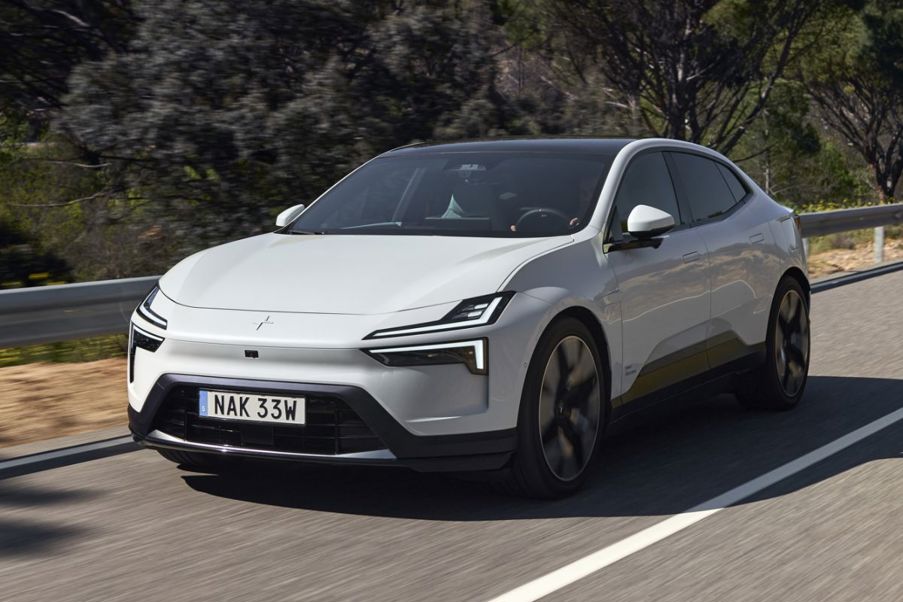Geely, the Chinese carmaker closely associated with Volvo and Polestar, has unveiled a disruptive lithium-iron-phosphate battery for electric vehicles (EVs), boasting impressive longevity and advanced safety features.
This new battery is designed to last for an astounding 1 million kilometres and up to 50 years.
It also charges faster, performs better in cold environments, and withstands significant abuse, marking a significant leap in EV technology.
New battery design

The new design dubbed the 'short blade' is approximately 40% shorter than traditional blade batteries such as the ones famously manufactured by BYD.
This compact structure is achieved through an improved diaphragm that enhances energy density and safety. Geely has utilised multi-element doped electrode materials to significantly reduce the internal chemical reaction rate, a key factor in extending the battery's lifespan.
Geely claims the battery can be charged 3500 times, equivalent to 1 million kilometres of driving, with minimal impact on battery range. This extended usage life not only enhances the residual value of second-hand EVs but also promises to reduce carbon emissions by over 80,000 tonnes annually. The cell boasts a capacity of 192Wh/kg.
Superior performance

Comparative tests have shown the short-blade battery charges significantly faster than its long-blade counterpart.
While the long-blade battery takes 26 minutes to charge from 10% to 80%, the short-blade achieves this in just 17 minutes and 4 seconds. Additionally, the short blade maintains 90.54% of its capacity at -30°C, compared to the long blade's 78.96% retention.
Geely is particularly proud of the safety features integrated into the new battery. If the cell is punctured, an aluminium foil layer automatically fuses into the battery diaphragm, creating an insulating layer that prevents short circuits and thermal runaway events.
The battery endured rigorous testing, including being punctured by eight 5 mm steel needles simultaneously and being shot with a 5.8mm bullet, without any thermal ignition incidents.
The new short-blade battery has undergone extensive testing to ensure its durability and safety. It was immersed in seawater, thrown into a fire, subjected to extremely cold environments, hit from the side, crushed by 26 tonnes, and scraped.
Remarkably, the battery passed all these tests with flying colours, demonstrating its robustness and reliability.
Geely has yet to announce when it will begin integrating these new batteries into its EVs.
However, the advancements represented by the short-blade battery indicate a promising future for EV technology, with longer-lasting, safer, and more efficient batteries on the horizon.





